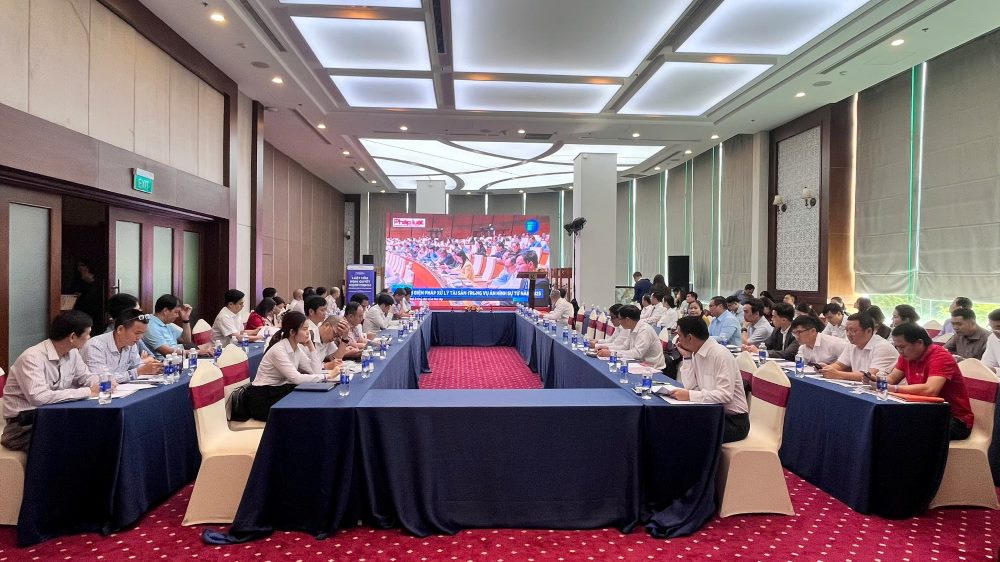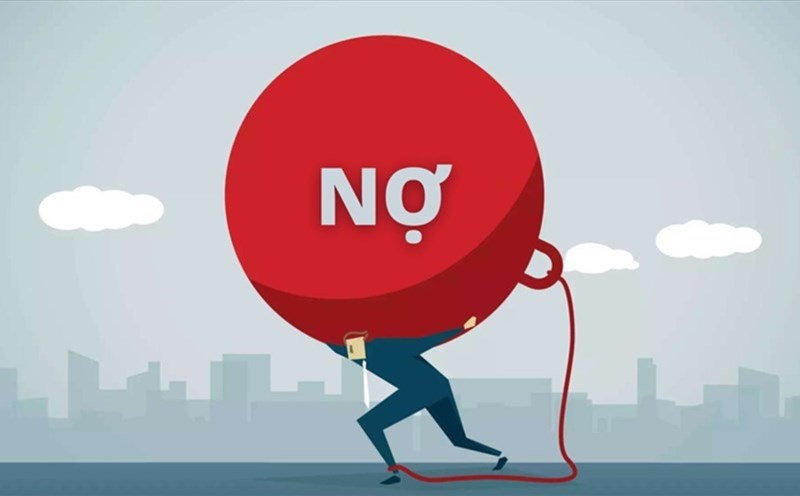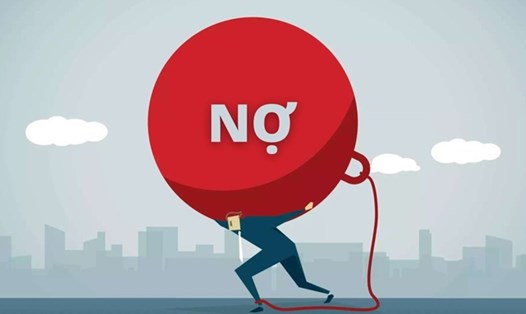The seminar "It is necessary to continue to legalize some issues in the spirit of Resolution 42/2017/QH14 on bad debt handling", organized by Vietnam Law Newspaper on May 22, recorded many opinions from representatives of management agencies, credit institutions, economic - legal experts and enterprises. The discussion focused on the fact that Resolution 42 has expired since the beginning of 2024, leaving a legal gap that makes it difficult to handle bad debts of credit institutions.


After 6 years of implementation, Resolution 42 is considered a breakthrough in bad debt handling. On average, credit institutions handle about VND 5,800 billion in bad debts each month; the rate of customers voluntarily paying debts increases from 20% to more than 36%. However, when special mechanisms such as the right to confiscate guaranteed assets were no longer applied, in just the first two months of 2025, bad debt increased by VND34,000 billion, causing the system-wide bad debt ratio to exceed the threshold of 3% - the warning level according to international practice.
At the seminar, Mr. Nguyen Duc Lenh - Deputy Director of the State Bank of Vietnam Region 2 - emphasized that the legalization of the right to confiscate assets not only directly affects the effectiveness of bad debt handling but also contributes to enhancing the responsibility of borrowers in capital use and debt repayment. He said that this is a necessary legal corridor to reduce bad debt and promote effective credit growth.

In the same opinion, Prof. Dr. Vo Xuan Vinh - Director of Business Research Institute, Ho Chi Minh City University of Economics - said that the lawization of effective contents from Resolution 42 is a strategic step to establish a stable and synchronous legal framework.He proposed that the credit institution should be seized collateral in accordance with the law and supplement the regulations on the application of shortened procedures in resolving disputes at the Court.This will help accelerate the recovery of bad debts, reduce time and processing costs.
On the side of the judgment enforcement agency, Mr. Tran Phuong Hong - Deputy Director of Ho Chi Minh City Civil Judgment Execution Department - said that with the current legal gap, credit institutions mainly sue to court, prolong the processing and increase costs.He proposed that three important contents need to be legalized: The right to seize collateral; Regulations on distraint of security assets of the judgment execution must; And the regulations on returning collateral are evidence in criminal cases or material evidences and means of administrative violations.

Mr. Tran Phuong Hong, Deputy Director of the Ho Chi Minh City Civil Judgment Enforcement Department, said that with the current legal gap, credit institutions can only apply the court lawsuit mechanism. This leads to delays, costs and increased costs for handling collateral.
Therefore, when amending the Law on Credit Institutions, it is necessary to legalize regulations on the right to confiscate collateral. Regulations on seizure of property guaranteed by the right party to enforce the judgment. And the regulation on returning collateral as evidence in criminal cases and adding regulations on returning collateral as exhibits and means of administrative violation.
Experts and managers point out that bad debt is a continuous problem, not just appearing at difficult times. Therefore, there needs to be a legal framework on handling bad debts, not allowing them to accumulate into risks and bottlenecks for the economy.
Early legalization of core points, effectiveness in the spirit of Resolution 42 of the National Assembly, contributing to ensuring continuity, stability, and sustainability for the healthy growth of the banking and financial market.






